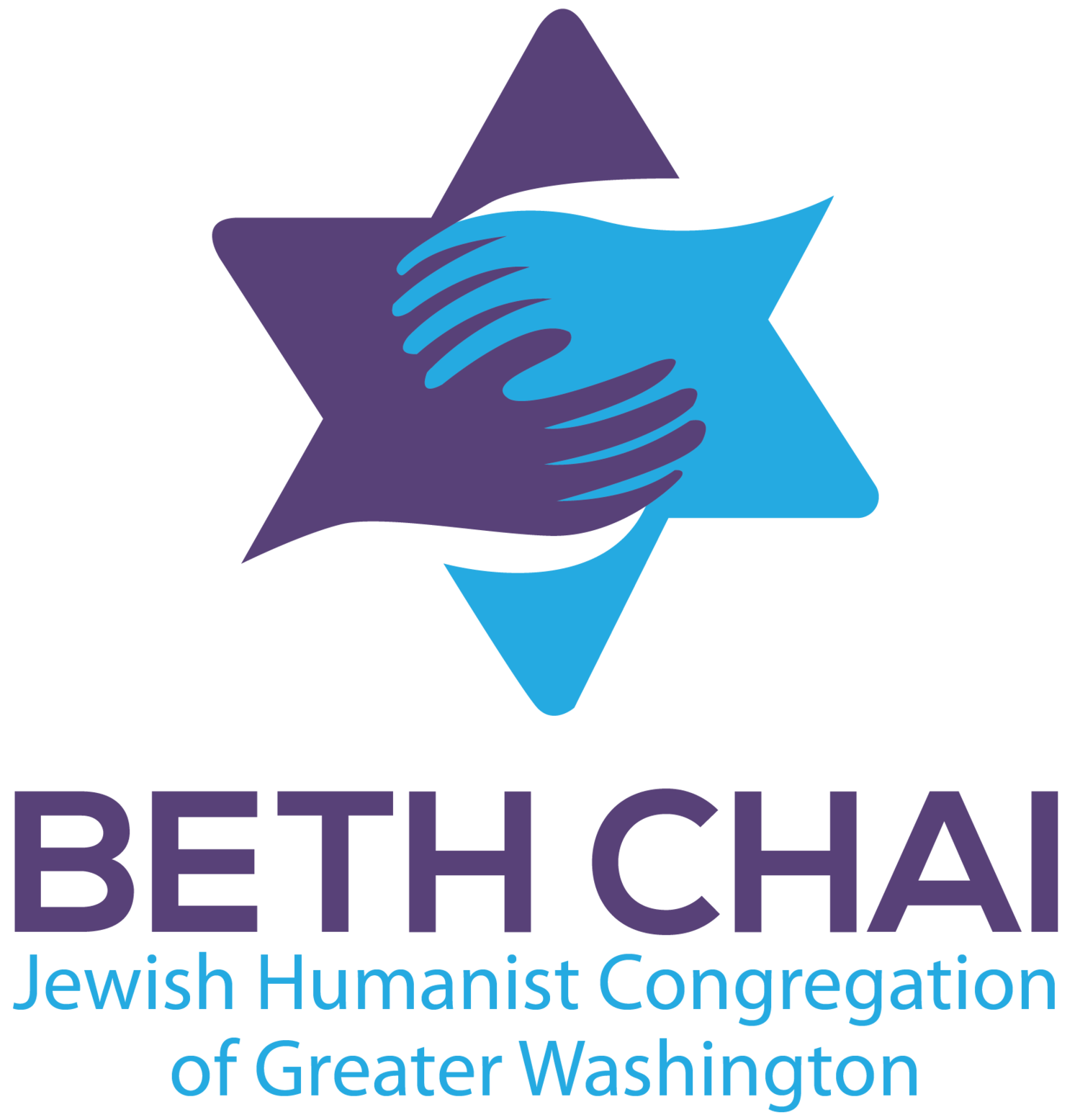For the Good of Science
Art historian Federica Gigante was studying photographs of an Italian museum’s artifacts when she glimpsed something unexpected in the background–an astrolabe, a rare ancient instrument used for charting the stars, time, latitudes, and horoscopes. Soon, Dr. Gigante was on the phone with the museum to ask questions and, not long after, she was traveling to Italy to see the instrument herself.
When Dr. Gigante examined the astrolabe, she was even more stunned. The astrolabe had three types of characters engraved on it – Arabic, Hebrew, and Latin. “I realized that this wasn’t just an incredibly rare, ancient object but a powerful record of scientific exchange between Muslims, Jews, and Christians over nearly a millennium,” Dr. Gigante said.
The story of this astrolabe gave me hope this week when I sorely needed it. Instead of science leading to collaboration, science has been at the core of conflict and its victim. Israel targeted at least a dozen Iranian nuclear scientists in its strikes, scientists whose research would have been weapons for further strife.
And Iranian missiles destroyed ten laboratories at Israel’s Weitzmann Institute. These laboratories were doing research into cancer, heart regeneration, neuroscience, and the use of AI in medicine. The Weitzmann Institute’s destruction was a particularly deep blow; Jewish and Palestinian researchers work side-by-side on medicines and treatments.
Judaism has long embraced science. The Talmud, for example, includes discussion of scientific theories and detailed calculations for astronomy. In the Medieval times, Moses Maimonides and Ibn Ezra, two of the most prominent Torah scholars, were also scientists who learned from and shared information with the Muslim scientists around them. In more modern times, from Albert Einstein to Jonas Salk to biologists Rosalind Franklin and Gertrude Elion, Jewish scientists have made – and continue to make – enormous contributions to research.
My father is a mathematician and professor. One of his closest colleagues was an Iranian-born professor, who became a friend of the family as well. I remember my father and his colleague deep in conversation about numbers and statistics. Their differences mattered far less than their shared love of equations– and using their knowledge to make a difference.
So, my hopes for the future.
May our country again embrace science as essential.
May science bring people together rather than tear them apart.
May science lead to the betterment of our health and our planet –we all reap the benefits.
